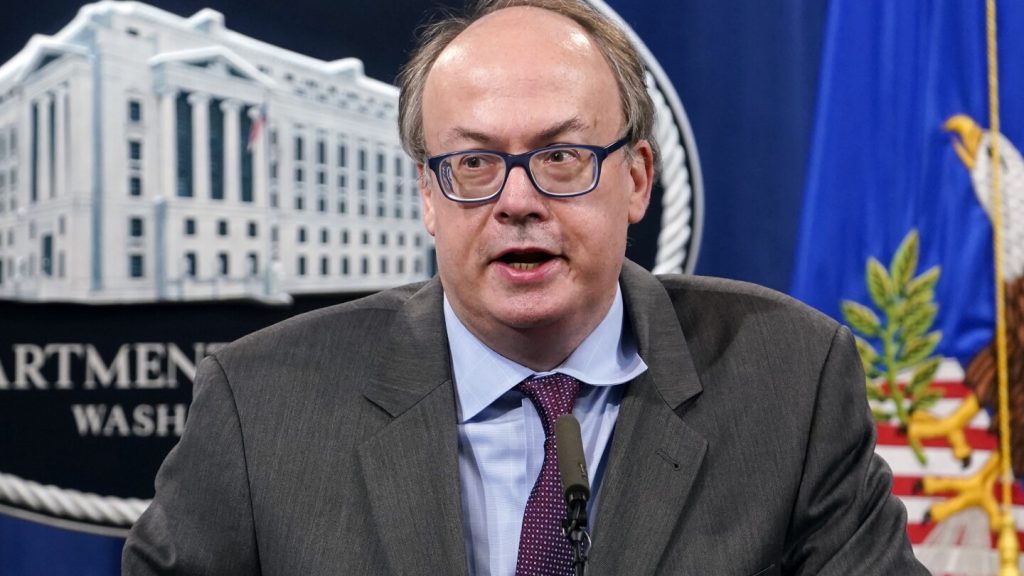Former Justice Department official Jeffrey Clark is facing accusations of engaging in dishonest conduct in an attempt to help then-President Donald Trump overturn the 2020 election. The Washington, D.C., Office of Disciplinary Counsel characterized Clark’s actions as a coup attempt at a hearing to determine if he should be sanctioned. The focus of the hearing was on a letter Clark sent to his superiors suggesting that Georgia lawmakers should void Biden’s electoral win. The letter, along with Clark’s continued attempts to intercede on Trump’s behalf, including multiple meetings with Trump in violation of Justice Department procedure, were deemed as a coup attempt by the disciplinary counsel.
Clark’s attorney, Harry MacDougald, argued that the action being taken against his client was unprecedented and that the letter was not intended to be public. He claimed that the letter fell under various privilege protections and should have been part of the normal debate between lawyers. MacDougald also raised concerns that punishing Clark in this situation could have a chilling effect and discourage people from being as candid as they otherwise might be. Richard Donoghue, who was present at the hearing, agreed with this sentiment during his cross-examination.
The hearing delved into the fraud claims from the 2020 election and the events leading up to the January 6th Capitol riot, including a recounting of the dramatic meeting on January 3rd, 2021, when several attorneys threatened to resign if Trump fired acting attorney general Jeffrey Rosen and named Clark in his place. Testimony revealed the extent of pressure exerted on the Justice Department by Trump, who repeatedly raised concerns about election fraud and misconduct. Donoghue described a contentious meeting with Clark where they tried to convince him that the evidence did not support Trump’s claims.
Former deputy White House counsel Patrick Philbin testified that he warned Clark about the debunked theories he was pursuing but acknowledged Clark’s belief in serious election issues. Donoghue also admitted to instances of fraud and misconduct in the 2020 election but emphasized that they were not at a level to overturn the election. MacDougald focused his questioning on absentee balloting in Fulton County, Georgia, highlighting legitimate concerns that had not been fully examined by the department. The hearing is set to resume with testimony from Rosen, and Clark faces potential sanctions or disbarment, with the possibility of appealing to the D.C. Court of Appeals.


